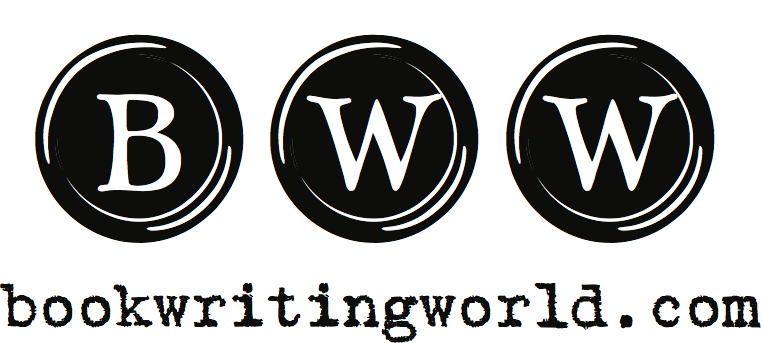 This week in the Book Writing World, we are talking about identifying our own best writing processes and the putting the supports in place to make those into successful, functional systems that get us where we want to go.
This week in the Book Writing World, we are talking about identifying our own best writing processes and the putting the supports in place to make those into successful, functional systems that get us where we want to go.
This is incredibly important as a foundation for writing something as big as a book. You cannot fake your way through it, not for months and sometimes years. You have to write a book the way you do anything you actually accomplish, and you have to figure out the best ways to provide lots of support and encouragement for yourself.
For those of us with fantasies about what it’s like to “be a writer,” it can be disappointing to look to ourselves and the awkward and often round-about ways we have achieved what we have achieved. But this is the blueprint for true success.
Start with something you’ve accomplished outside of writing: moving, applying to school, getting married, having kids, starting a business, getting a job, even throwing a dinner party. Pick something finished and done and take a look at all the steps that got you there–including the detours and dead-ends. What supports kept you going?
All of this is vital information for prepping your writing life for success. And you can do this again and again, mining your muddling-your-way-through achievements for inspiration and tips on what makes you get things done.
For me, what I learn again and again is how much pre-thinking I do on a project, how much research and even repression is involved before action surfaces and deeds are accomplished. Every time I remember this, I relax and immediately become more productive.
Don’t fight yourself! Don’t even try to change yourself. Instead, support who you are and how you work. Remember, support feels good, relieves stress and strain, provides ease and even pleasure. Check your efforts to support yourself against this list. Ready?
Support:
1) feels good
2) relieves stress and strain
3) provides ease, even pleasure
If instead of support you are offering yourself rigor, forcing yourself through the paces, go back and try again. Treat yourself to some excellent support in just the right places for your own unique process and watch the results fly.
What do you learn about your writing if you look at what else you’ve done? What supports can you put in place now?

Ok. So, my process. I think I could sum it up and say that I am a circler. If that is even a word. To circle around something many times, taking in the view, getting all the facts, double checking -this is how I make important decisions. I also usually talk it over with a friend or many friends, many times over. I need support from others. I accomplish things by doing the research, laying the ground work, then doubt myself, second guess, stall, give up altogether, change my mind a few times, go out for a long run, get a few other opinions and then cut to the chase, and dive into what I already knew was the right course of action. Usually I know, or am close to knowing along what I am going to end up doing and I just need to trust. I also need to FEEL sure, cover my bases. Once I get a clear inner signal that I am on the right track, I usually get so fed up with being indecisive or whatever, maybe I just get sick off my process and want it to end, so I jump in feet first and sign the contract, put the money down, take out my credit card, pick out the paint colors, give birth.
My writing process begins with note-taking, journaling, writing on anything and everything (napkins, scraps of paper, symphony programs, you know) and then harvesting them. I usually pick a subject that requires some research, like paleontology, anarchism, Charlie Parker, and as I gather and read materials I make more notes. Rough draft of chapters are usually very skeletal, involve almost the stage directions and nothing else. I don’t outline or plan plot, though I might on my next project to see if it speeds things up a bit. I took one screen-writing class and found that I do well on chapters and plot when I can picture the action as movie action. I continue taking notes and revising, revising, revising, feeling as if I’m getting to know the characters and getting deeper into the book’s possiblities with each rewrite. The last things I work on are refining dialog, working in metaphoric language that fits the characters I have come to know so well, and asking myself, ”is there a more interesting way to say this?” When I think I have a readable first draft (which in my case is actually the 24th) I started passing it around to friends, usually just chapters or short stories, for feedback. Then I revise some more. I’ll be adding BWW to this process, most likely in the areas of help when I’m stuck and possible readers. The metaphor step is really funny. It turns out my prose style is pretty dense, but it starts out very basic and I layer and layer and layer.
Gorgeous! I love the color you chose!I used to paint my wooden bowls, white, green, red, and blues, and had them for years then sold them.I still kept one sntuning natural dough bowl, they’re wonderful! You did a great job!